France rebuffs UK’s proposals for resolving migrant crisis as violation of sovereignty
France has firmly rejected Britain’s proposals for fighting illegal migration through joint patrols across the English Channel, saying the United Kingdom’s ideas encroach upon the country’s sovereignty amid rising tensions between the two sides over the migrant crisis.
In a letter to his British counterpart Boris Johnson on Thursday, French Prime Minister Jean Castex said the UK held "a large part of the solution" to the Channel migrant crisis and rejected Johnson’s idea of British security forces patrolling on the French coast to prevent migrant boats taking to the water.
"We cannot accept... that British police or soldiers patrol on our coasts. It's a question of sovereignty and I know your government's sensitivity towards respecting the sovereignty of others," Castex wrote.
“Every country must face up to its responsibilities" in tackling the Channel crossings, the French premier told Johnson in the letter, adding that "managing the reception of migrants that want to go to your country falls firstly on France, which is not normal."
The letter said France was deploying 700 police officers to patrol its northern coast, while 41 people-smuggling rings had been broken up since the start of the year and 1,552 suspected smugglers had been arrested.
Castex called on Britain to adopt "a more efficient returns policy" to deport failed asylum seekers, as well as opening up legal migration routes for "those who have legitimate reasons to want to come to your country."
"Only you can ensure that your labor market is sufficiently controlled to discourage people wanting to work illegally," he wrote.
Pointing to another controversial idea of Johnson's of pushing back migrant boats in the Channel, the French premier warned against the move and said this would "endanger the lives of migrants and would break maritime law."
Castex also acknowledged that fellow European Union members such as Belgium, the Netherlands and Germany needed to do more to tackle people-smuggling and illegal migration.
But it stated that "a large part of the solution is not to be found in France, but in the United Kingdom."
Separately on Thursday, one of Castex's aides who asked not to be named said France would work towards a migration agreement between Britain and the EU "which could include a virtuous transfer mechanism."
"Sending migrants back to us is not an option and is not a serious or responsible way of tackling the issue," the aide said.
Johnson made the proposals in a letter to French President Emmanuel Macron last week after a tragedy in which at least 27 people drowned while crossing the English Channel.
A war of words began between London and Paris following the drowning, with French Interior Minister Gerald Darmanin blaming the UK government for the incident, saying that Britain's “bad immigration management” encourages refugees to attempt the perilous crossing.
He said the migrants were “often attracted” by Britain’s labor market and the rules for this market must be changed.
UK authorities hit back at the allegations, with one lawmaker condemning France for turning the tragedy into “another blame game.”
“It’s rather regrettable that the first thing we wake up to is another blame game. I’m very disappointed that the French interior minister has said that in the way he has,” Kate Hoey, an MP in the House of Lords, told Sky News.
She laid the responsibility on the French door, emphasizing that the French government must prevent migrants from accessing boats in the first place.
Franco-British relations, already seen as at their lowest in decades over a range of issues including post-Brexit fishing rights, plunged to a new low again after the mass drownings on November 24.
The English Channel is one of the busiest routes in the world and has strong currents. Traffickers usually overload dinghies so that they are barely exposed to water or waves as they try to reach the British shores.
VIDEO | Former FBI agent criticizes US Congress for 'outright corruption'
IRGC chief urges Muslim countries to cut aid routes to Israel
'New chapter in cooperation': Iran, Venezuela sign new MoUs
Jordan sentences former lawmaker for supporting Palestinian resistance
Basij volunteer forces hold massive drills in southwestern Iran
Israeli war criminals 'not welcome', US city says after ICC ruling
US vetoing of Gaza ceasefire resolution ‘disgraceful’: Iran’s UN envoy
VIDEO | IAEA adopts anti-Iran resolution tabled by E3


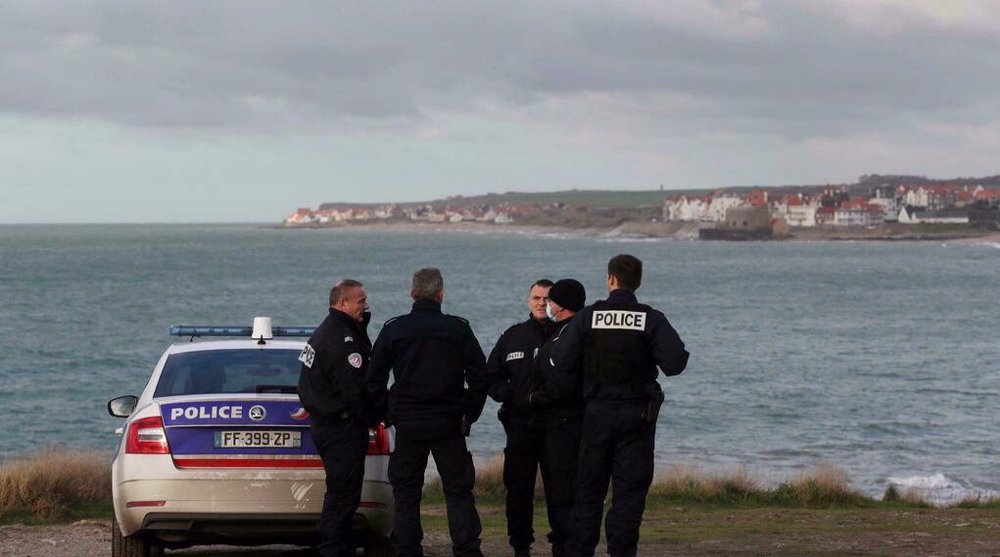
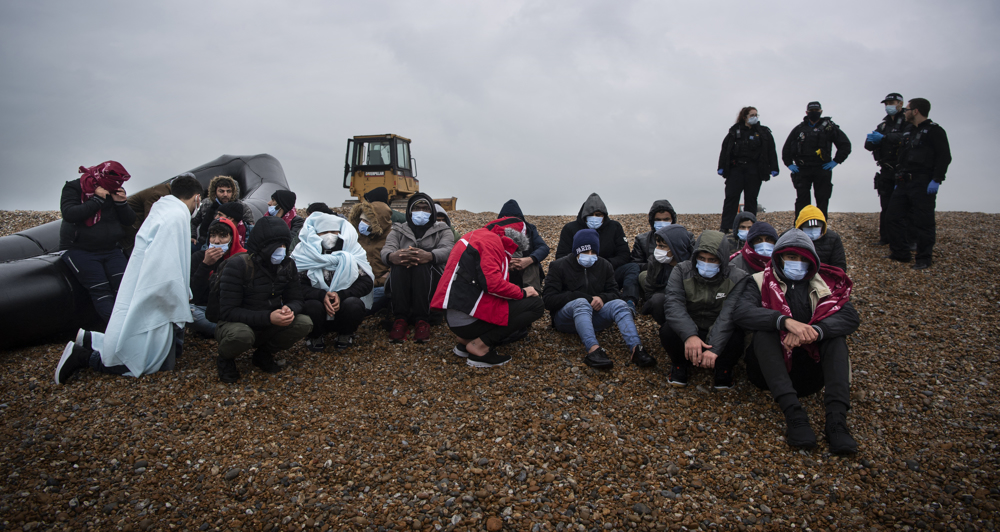
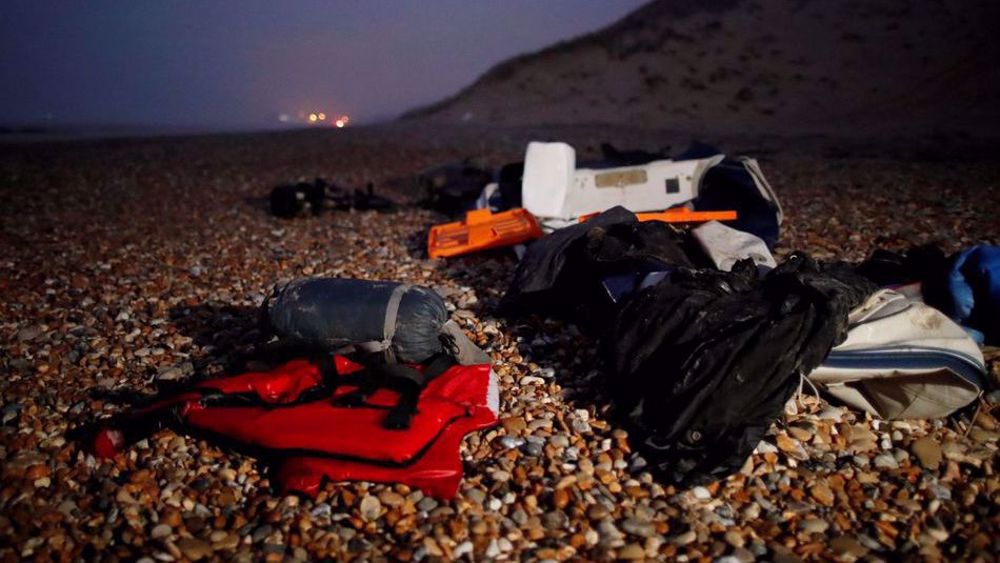
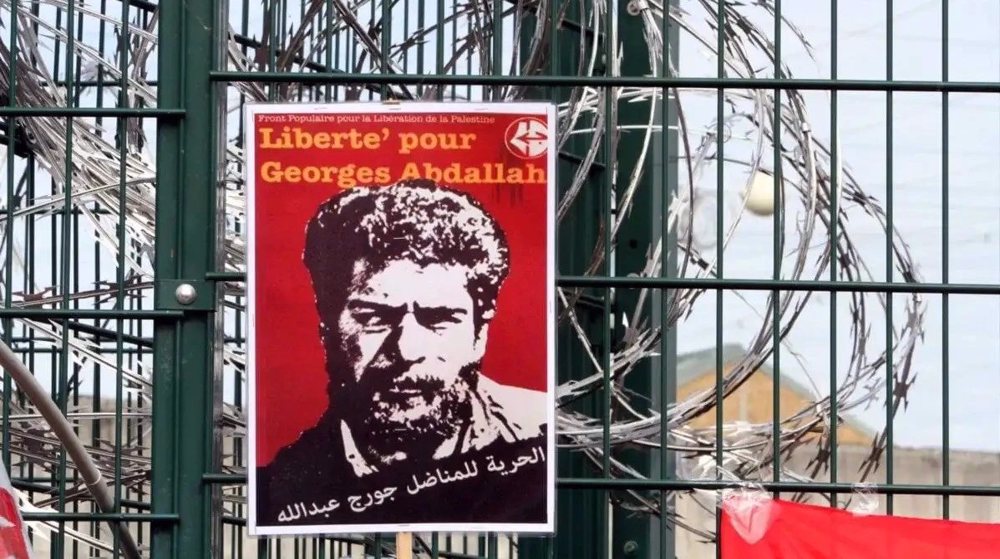
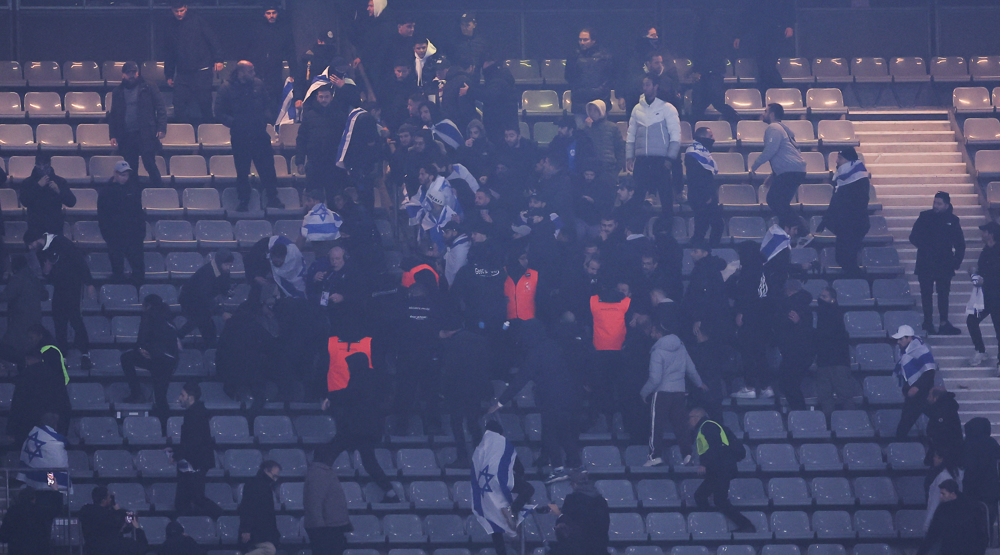
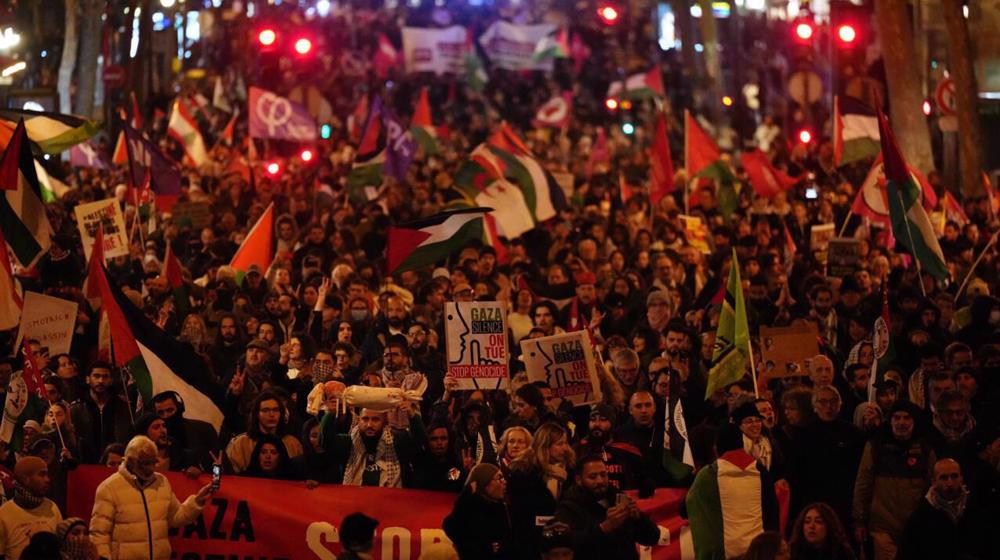




 This makes it easy to access the Press TV website
This makes it easy to access the Press TV website